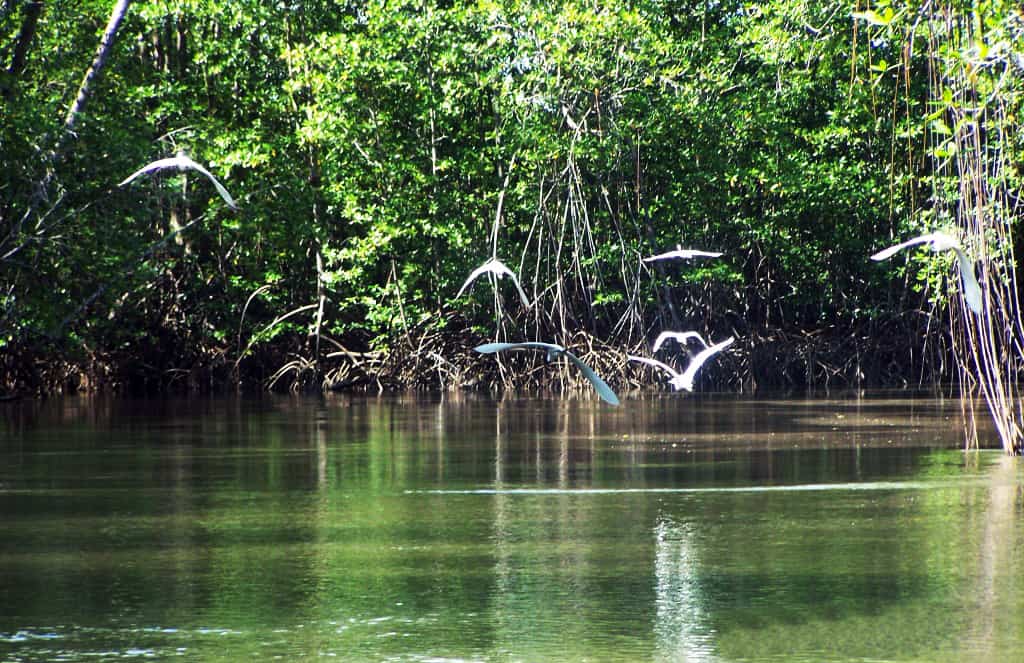Several environmental organizations and lawmakers have asked authorities to investigate the alleged conflict of interest and influence peddling by occupants of the Maritime Terrestrial Zone (ZMT) who participated in the process of the new Coastal Regulatory Plan of Talamanca, which would benefit them.
On September 26, 2023, the Municipal Council of the Municipality of Talamanca approved the Coastal Regulatory Plan for the Talamanca-Cahuita District. This includes the zone from Cahuita (Tuba Creek) to Manzanillo. The regulatory plan has been questioned by many sectors for serious irregularities, and the State Natural Heritage (PNE) would be eliminated by granting more construction permits.
According to environmentalists, both the Municipality of Talamanca and the National System of Conservation Areas (SINAC) granted land use, construction, and logging permits in areas considered State Natural Heritage, home to wetlands or coastal forests.
In February, Frente Amplio Congressman Ariel Robles asked the Municipality to provide a list of the names and legal entities that were occupants of the ZMT, but the Municipality refused. Later, it was obliged to do so by the Constitutional Court.
According to Congressman Robles, there may be a possible case of influence peddling since the people “rather than looking after having a regulatory plan in accordance with the concerns of the canton, are looking after their own interests as owners of land located within the ZMT.”
Robles stated that they have transmitted this information to the Prosecutor’s Office handling the environmental case and will add it to a broader investigation of the regulatory plan and the people who participated in its discussion or promoted it, having direct interests in the zoning issues related to the ZMT.
Marta Castro, president of the Covirenas del Caribe Sur, said that the regulatory plan was made to favor those who are violating the forestry law and the ZMT law. Castro explained that many of the hectares that were disaffected by Law 9223 are within forests and wetlands that are State Natural Heritage.
“The regulatory plan was based on Law 9223, as if it had not been annulled, to zone these areas as residential, parking, and tourist recreation areas. This zoning definitely overlooks the natural heritage of the state, favoring all these developers,” she denounced.






